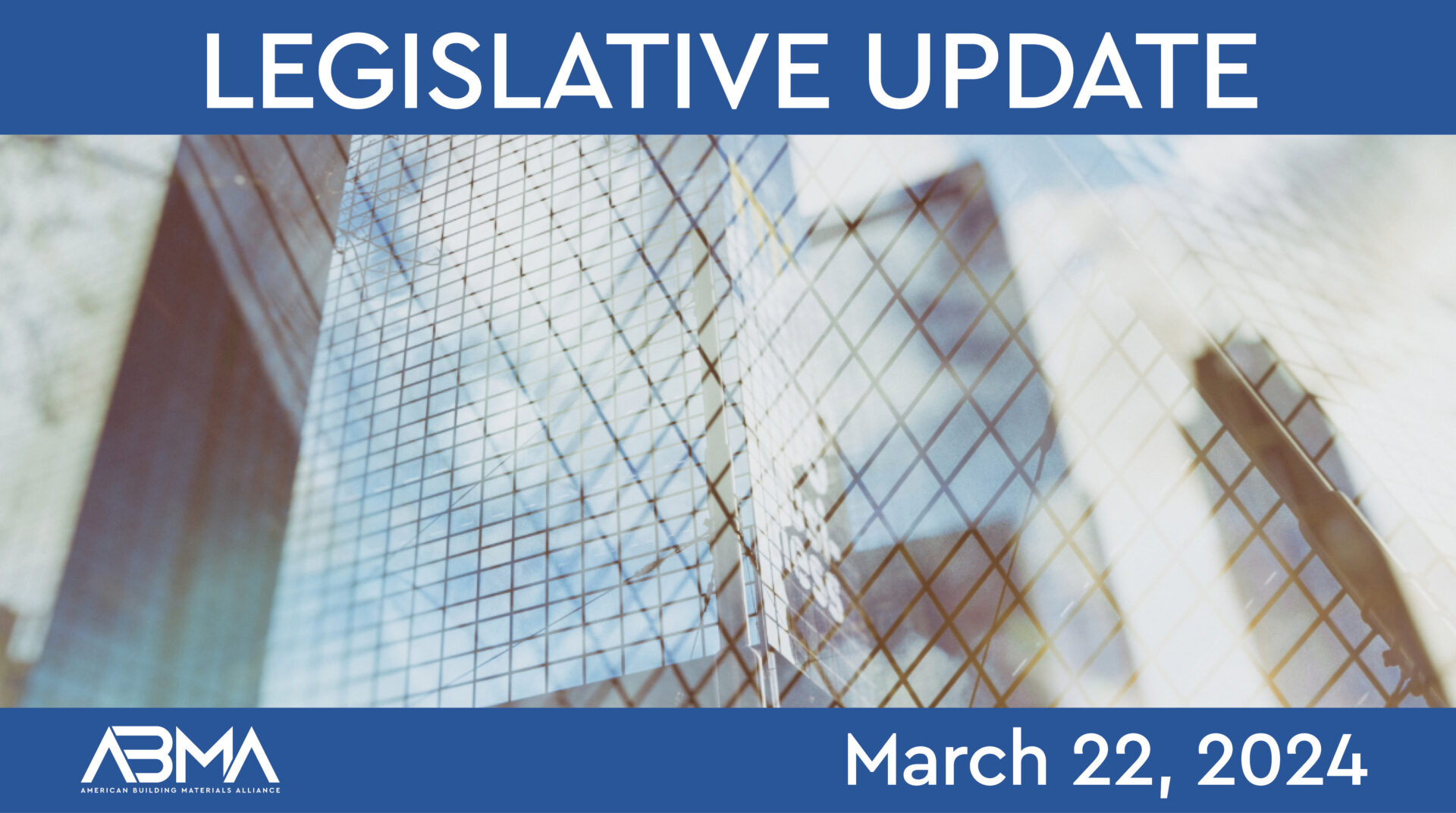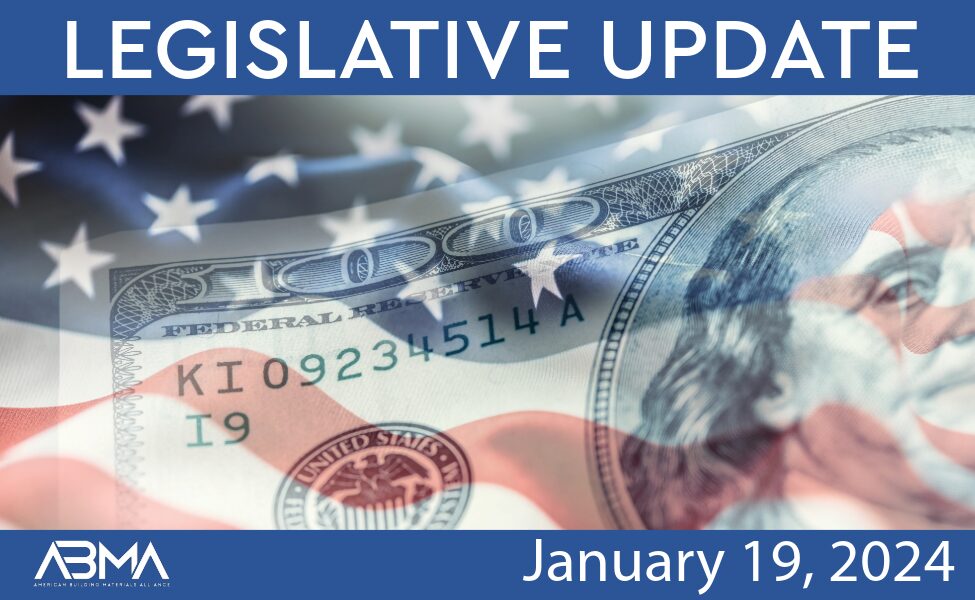Softwood Lumber Agreement
In the October 8 edition of the Federal Register, a notice was published by the Department of Commerce seeking comment on existing softwood lumber subsidies in competing countries. Under the Softwood Lumber Act of 2008, the Secretary of Commerce is required to submit a report to Congress every six months on any subsidy–including stumpage subsidies–provided by countries exporting softwood lumber or softwood lumber products to the United States. Commerce submitted its last subsidy report to Congress on June 30, 2021.
Specifically, Commerce wants to know about only those subsidies provided by countries which had exports accounting for at least one percent of total U.S. imports of softwood lumber by quantity. During the first six months of this year, six countries (Austria, Brazil, Canada, Germany, Romania, and Sweden) exported softwood lumber and lumber products into the U.S. in quantities that met this threshold.
Commerce is accepting comments on this inquiry through November 7. Given what we know about stumpage subsidies in Canada, ABMA is considering submitting comments on Canadian government intervention in the market and its impact on our sector.
Forest Products Carbon Sequestration Legislation
In late September, the Chairman and Ranking Member of the Senate Energy and Natural Resources Committee, Senators Joe Manchin (D-WV) and John Barrasso (R-WY), introduced the America’s Revegetation and Carbon Sequestration (ARCS) Act. The legislation’s focus is on tree planting as a climate change mitigation strategy, but the bill has a couple of substantive provisions that benefit wood building products. In the research title of the legislation, language authorizes the Department of Energy (DOE) and the Department of Agriculture (USDA) to develop more accurate and efficient methods to measure and monitor the amount and average lifespan of carbon stored in wood building materials. Three years after enactment, DOE and USDA are required to publish an estimate of the total amount of carbon stored in short-lived forest products, building materials and other long-lived wood products.
The other provision pertains to mass timber. The bill directs the Forest Service’s Forest Products Laboratory to establish a mass timber science and education program to respond to the emerging needs of architects, developers, builders and the forest products industry, and to work closely with higher-education research programs in administering the program. It also directs the Forest Products Lab to provide assistance to the Secretary of Transportation and to states on constructing wood bridges. And finally, the legislation directs the Department of the Interior and the Forest Service to develop and maintain a running database of its mass timber buildings and to collect data on the embodied carbon stored in these buildings. The bill goes on to direct the Department of the Interior and the Forest Service to prepare a plan to increase the amount of carbon stored in its buildings and to procure mass timber structures if feasible. Senators Angus King (I-ME) and Roger Marshall (R-KS) are cosponsors of the bill.




